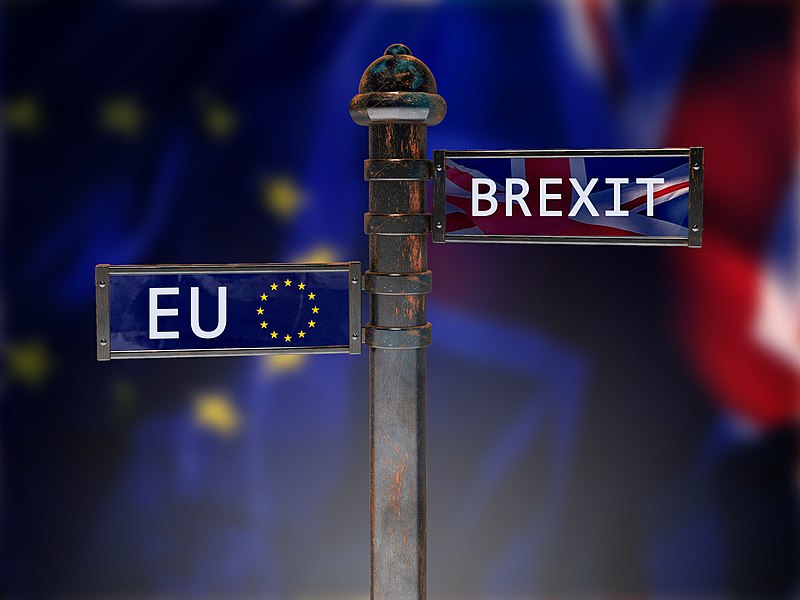
View comments British businesses are missing out on valuable opportunities in overseas trade due to prevailing negative perceptions, according to a statement made by the Business Secretary,
Kemi Badenoch.
Badenoch emphasized the need for businesses to shed self-doubt and recognize the abundance of resources available to support their export endeavors.
Speaking at the launch of the UK's inaugural E-Commerce Trade Commission, she stated, "We need a change in perception of exporting and how we talk about it. There are too many negative tropes about how difficult it all is. And I think that there are lots of people who would be exporting who don't do so because that's all they hear."
Badenoch also noted that British cultural humor often contributes to self-deprecating attitudes, discouraging potential exporters from pursuing opportunities. She urged a shift in focus towards highlighting new possibilities and changing the perception of exporting for businesses.
Recent figures indicate that only around ten percent of UK firms currently engage in overseas trade. The UK government has set a target of achieving £1 trillion in annual exports by 2030.
The newly formed E-Commerce Trade Commission aims to promote digital trade and exports for an additional 70,000 British businesses within two years, with the goal of boosting the economy by £9.3 billion.
The commission, chaired by Marco Forgione, the Director General of the Institute of Export and International Trade, includes board members from prominent companies such as Amazon, Alibaba, and Google.
In March, the UK signed the Trans-Pacific Partnership, providing access to a market of 500 million people and opening up new trading opportunities. The deal is expected to contribute £1.8 billion to the UK's annual GDP over time.
Rishi Sunak, the Chancellor of the Exchequer, hailed the agreement as a demonstration of the economic benefits of post-Brexit freedom and a chance for the UK to seize new opportunities in global trade and innovation.
The Trans-Pacific Partnership, also known as the CPTPP, currently comprises 11 economies, and the UK's formal inclusion next year will expand its combined GDP to £11 trillion, representing approximately 15 percent of the global economy.
This partnership is set to provide significant advantages for exporters in sectors such as food, drink, and automobiles, with more than 99 percent of UK goods exports to member states being eligible for zero tariffs.
While the agreement brings great potential, concerns have been raised by farmers regarding potential impacts on the agriculture sector and by trade unions over the preservation of workers' rights. The agreement will be subject to careful deliberation to ensure a balanced outcome. Photo by Christoph Scholz, Wikimedia commons.




































